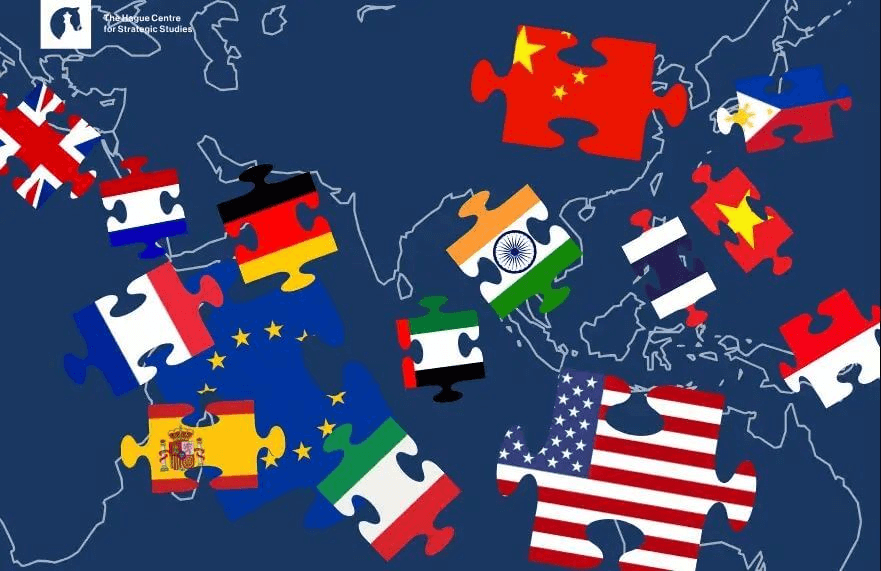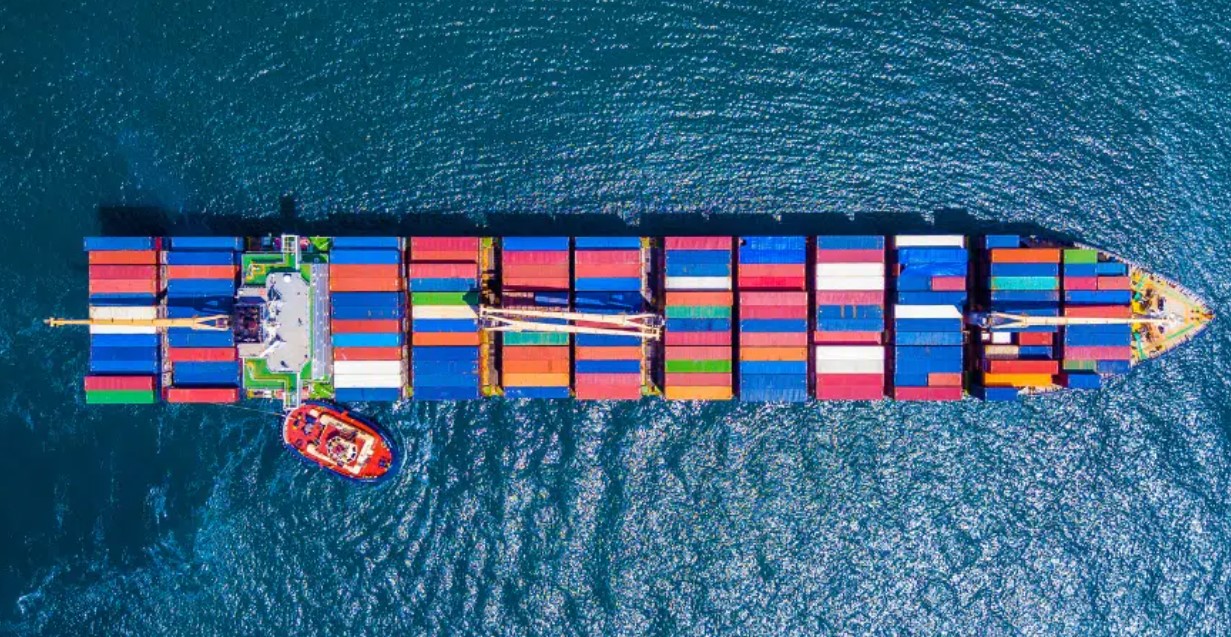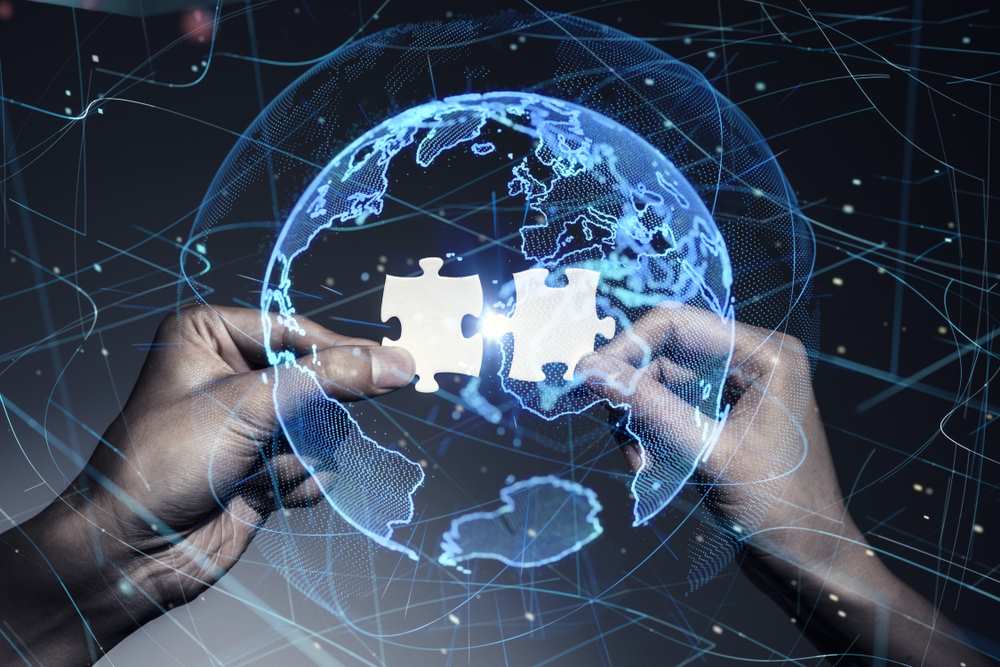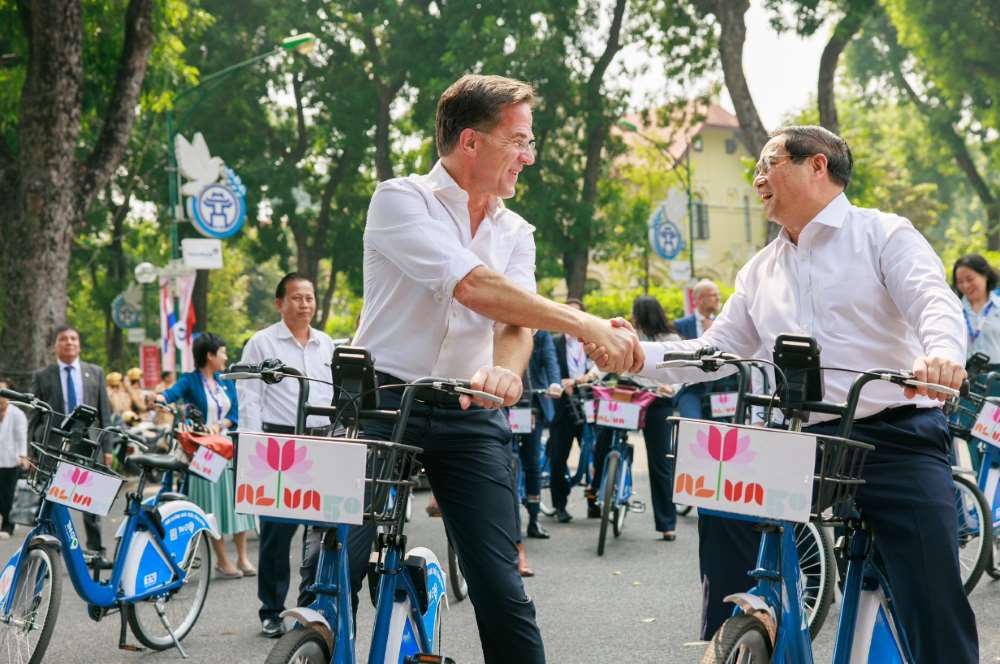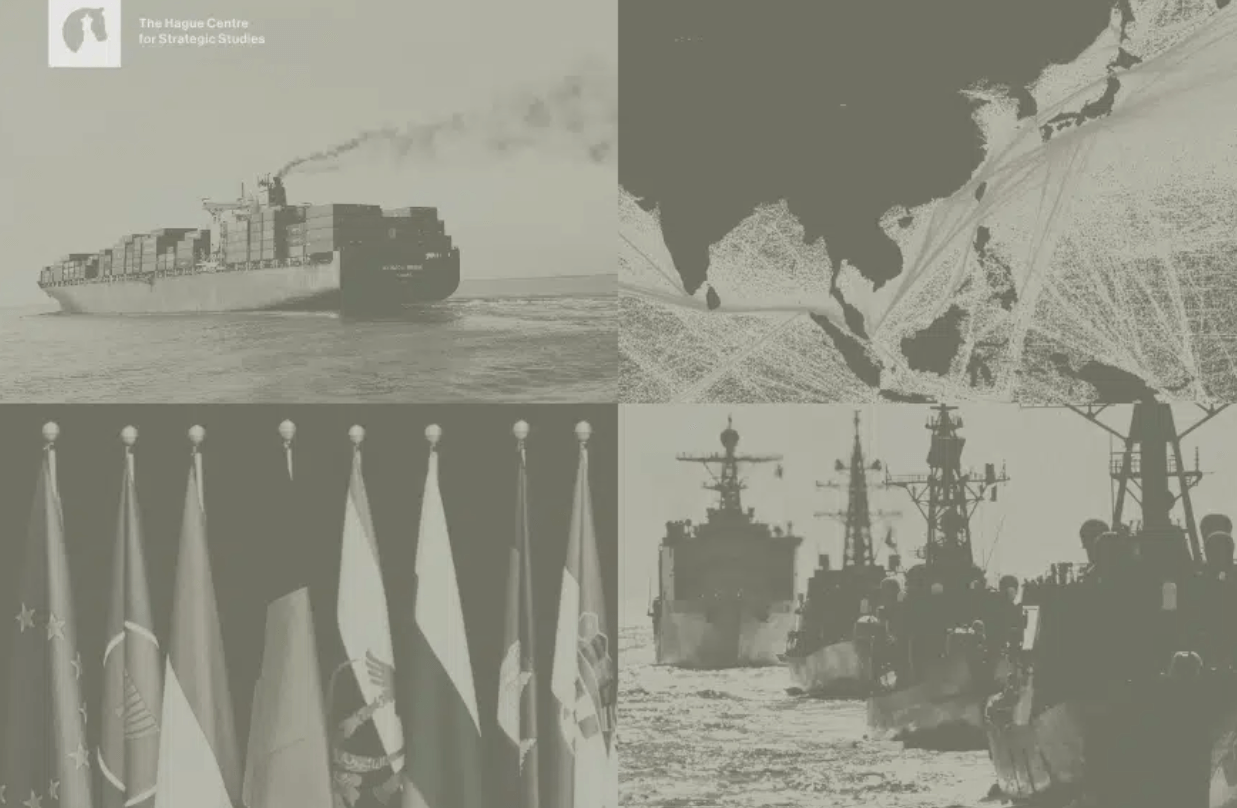Mixed Messages and the EU’s Indo-Pacific Strategy
In 2021 the European Union launched its Indo-Pacific strategy, given the region’s increasing geopolitical significance in times of heightened interdependence. The success of the EU’s Indo-Pacific strategy rests upon the EU’s ability to substantiate its message through concrete commitments (capability), veracity of intentions (credibility) and regularity of implementation (consistency). While the EU’s capability and credibility in the Indo-Pacific remain strong, its greatest challenge lies in consistency. The EU must focus on reframing the core message of its strategy to ensure that it is widely and clearly understood. There are three ways it can do this. Firstly, the EU must acknowledge the heterogeneity of interests among Indo Pacific nations who may be wary of extra-regional intervention, by focusing on the economic advantages of increased engagement. Secondly, the EU must be able to structure a message that can firmly withstand the many political changes of 2024, a pivotal year for elections around the world. Thirdly, the EU must minimise the inconsistency of its signalling in the Indo-Pacific by engaging in minilateral arrangements focused on human, environmental, and climate security.
Author:
Charmaine Willoughby, Associate Professor of International Studies at De La Salle University in Manila, the Philippines


